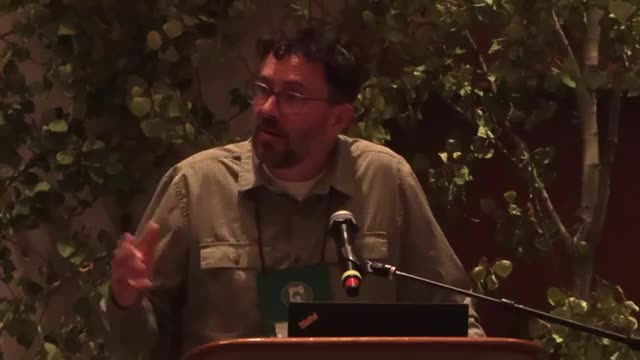Scholar warns modern political movements pose novel threat to federal land management

Summary
James Killen warned that current national political movements threatening the administrative state differ from past regional 'sagebrush' rebellions and could undercut federal agencies' capacity to manage public lands.
James Killen, a scholar of public‑land politics, told the Missoula panel that recent political movements challenging federal authority represent a different and potentially greater risk to the Forest Service than prior, regionally focused disputes.
Killen reviewed three historical episodes—the original sagebrush rebellion (circa 1979–82), later Western movements tied to county supremacy and property‑rights activism, and a more recent nationalized wave he characterized as a form of “constitutional anti‑governmentalism.” He said earlier movements were regionally rooted and pursued state‑level and congressional remedies; by contrast, he argued, recent movements use national media, social platforms and political networks to contest the legitimacy of administrative agencies themselves.
The scholar pointed to organizational moves during recent administrations—such as relocation of staff and large personnel losses at some agencies—that he said have the practical effect of reducing agency capacity. Killen said resilience has historically come from employees carrying out specific, local stewardship work and from organizations and historians repeatedly telling the agency’s story.
Killen cautioned that his assessment is an analysis of trends and not a prediction of collapse. He urged continued local stewardship, public engagement and steady professional work by agency employees as a defense against the broader political pressures he described.

